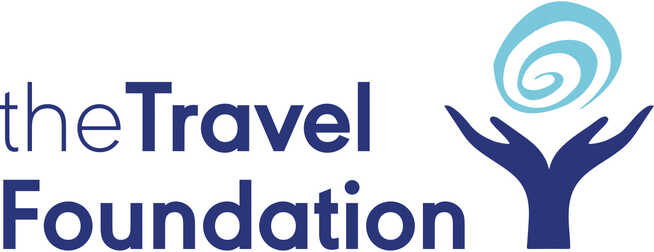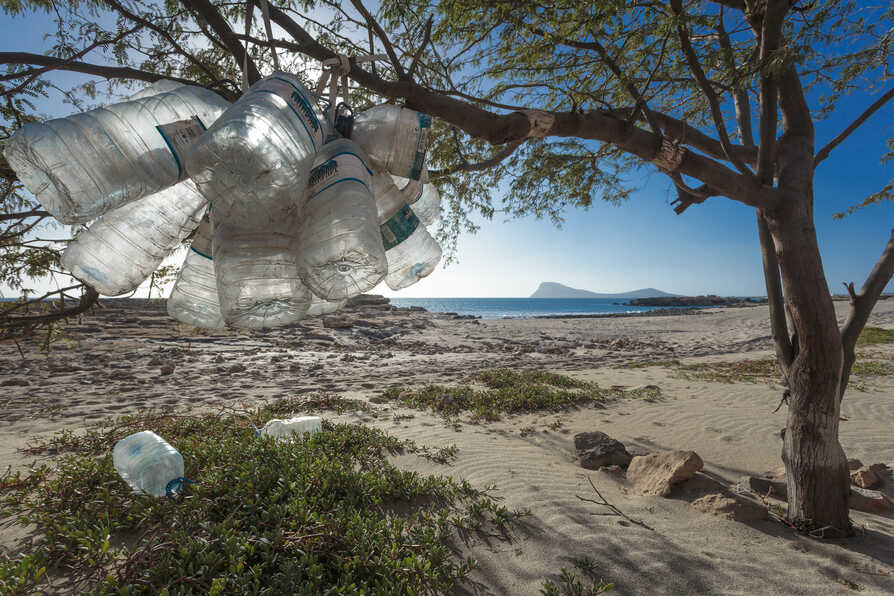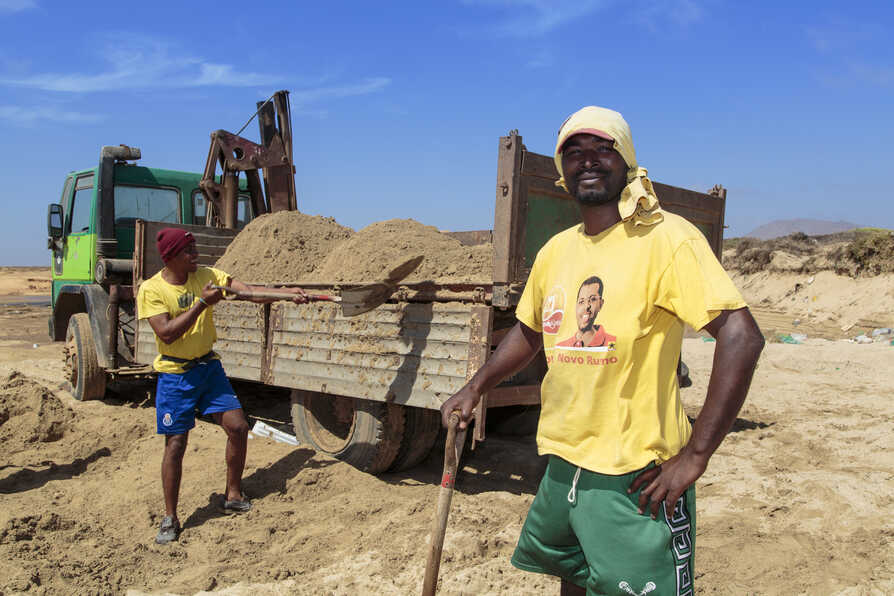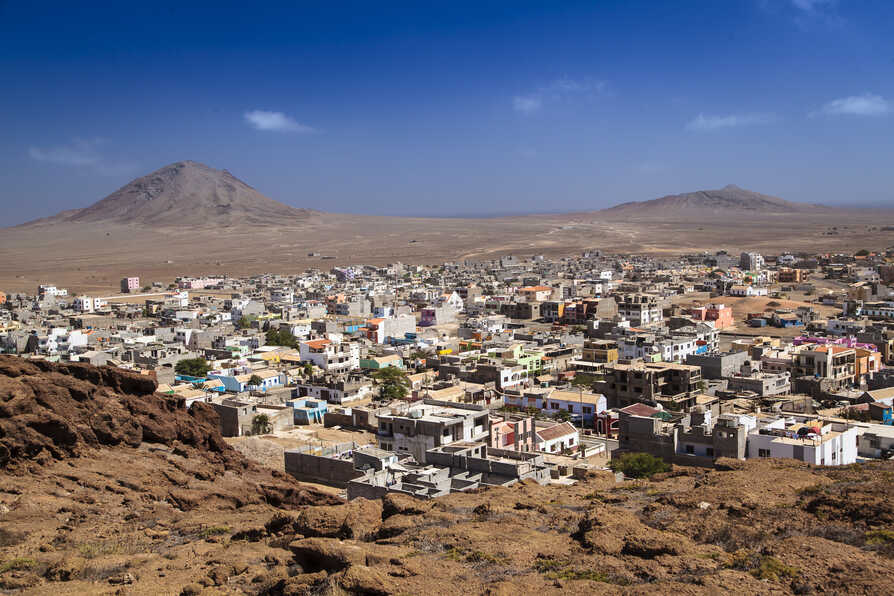
It's unspoiled landscape of beaches, mountains and colourful villages, bathed in year-round sunshine, is what draws visitors from thousands of miles away to the African archipelago of Cape Verde. But the remoteness of the islands is both their allure and their downfall when it comes to tourism. Tiny, isolated, dry and with few natural resources, the islands are beautiful, but fragile when it comes to coping with an influx of visitors. And this isn’t just an issue for the people who live there – the main tourist island, Sal, is the world’s third largest nesting site for the vulnerable loggerhead turtle. The TUI Care Foundation is working with organisations in Cape Verde to safeguard the islands’ natural beauty and help local communities thrive – making sure resources are used more efficiently, and making sure the landscapes and wildlife are adequately protected.

